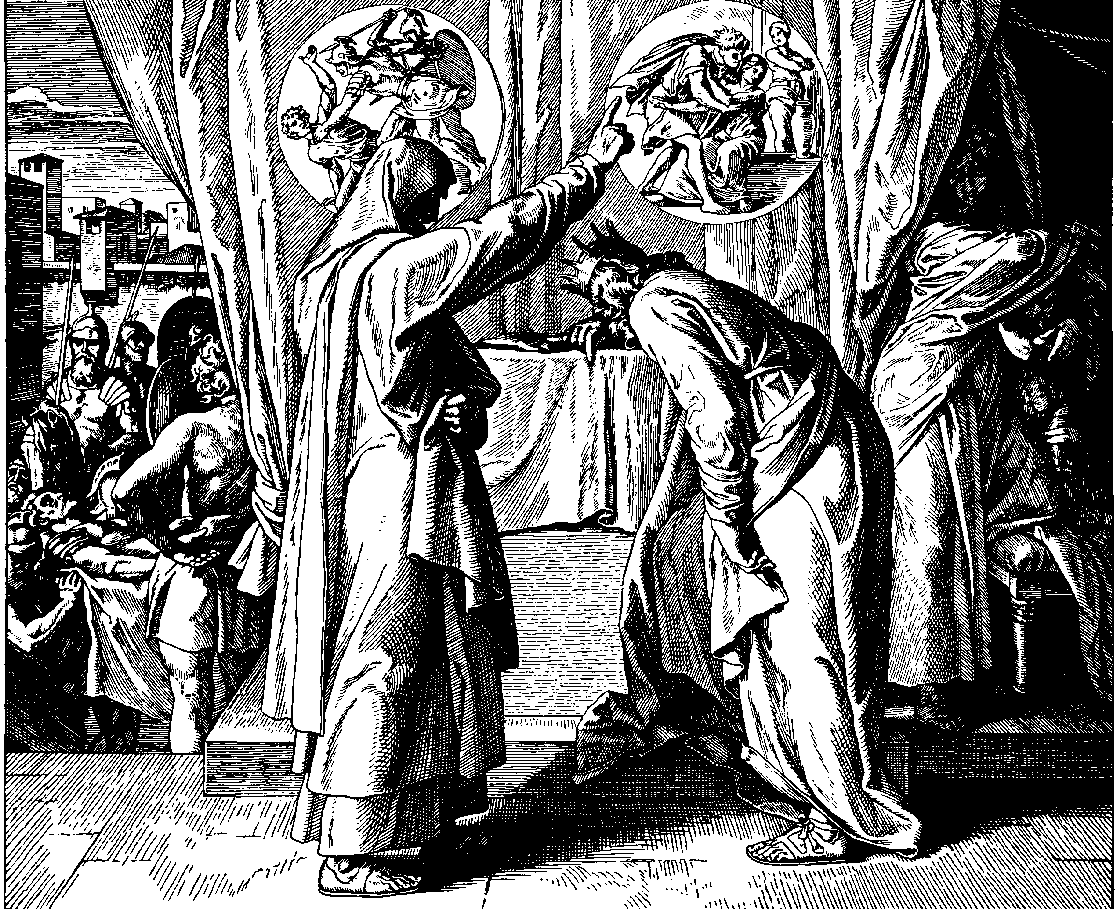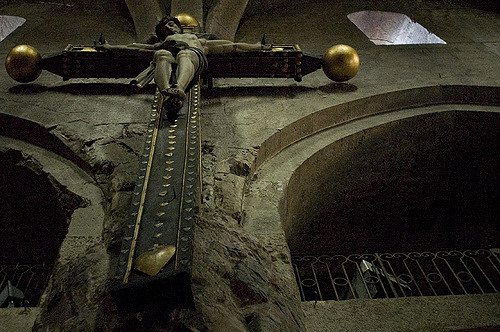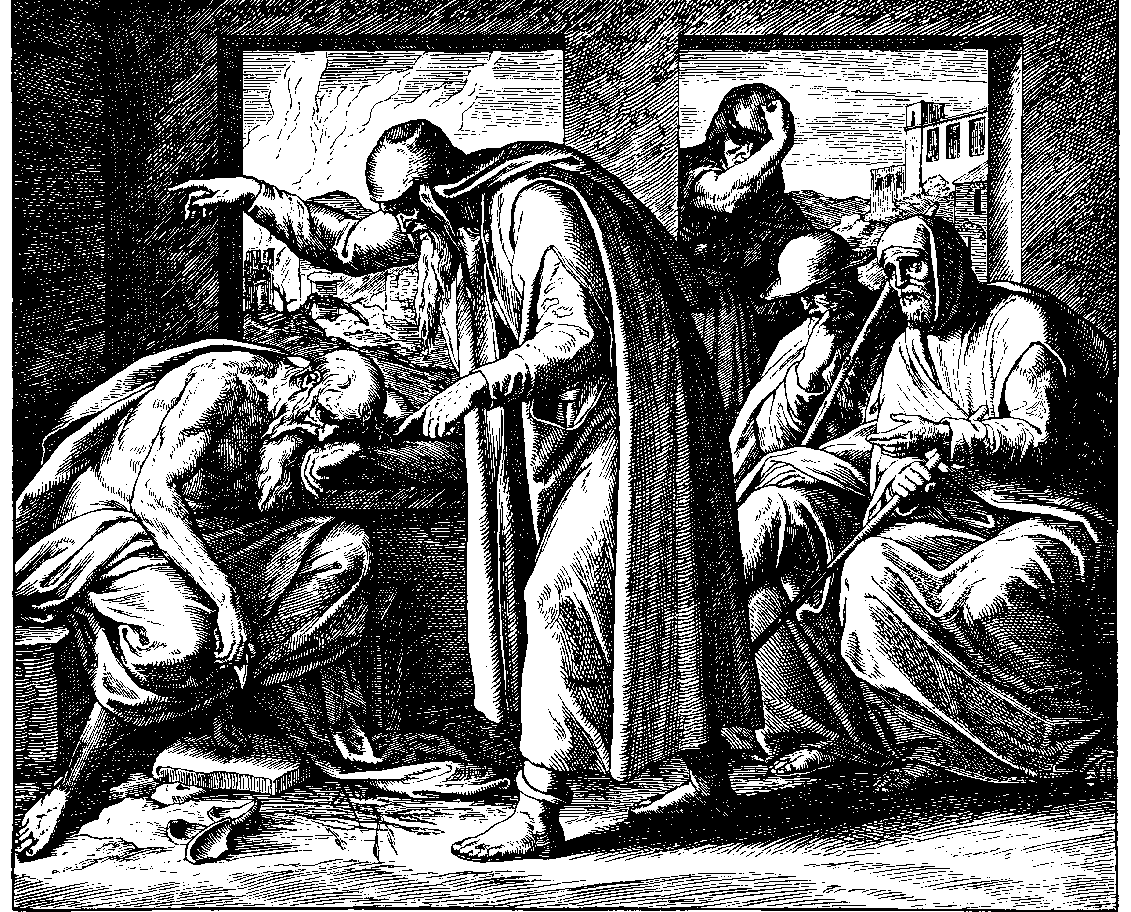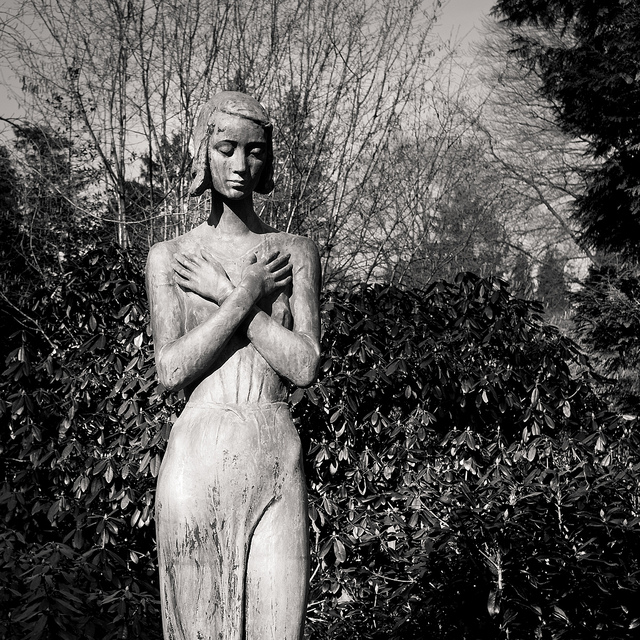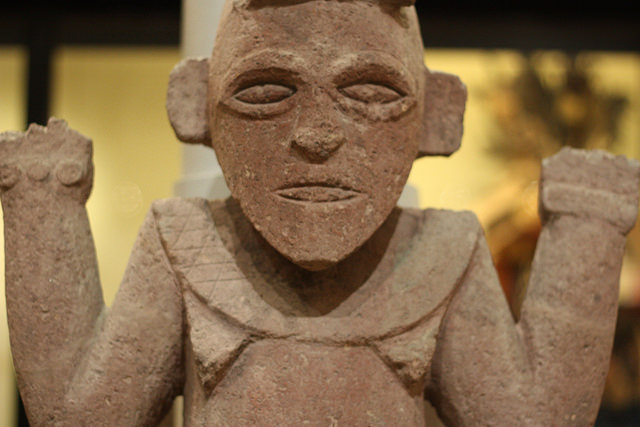-
The Defense of the Augsburg Confession
Philip Melanchthon Presents His Greeting to the Reader. After the Confession of our princes had been publicly read, certain theologians and monks prepared a confutation of our writing; and when His Imperial Majesty had caused this also to be read in the assembly of the princes, he demanded of our princes that they should assent to this Confutation. But as our princes had heard that many articles were disapproved, which they could not abandon without offense to conscience, they asked that a copy of the Confutation be furnished them, that they might be able both to see what the adversaries condemned, and to refute their arguments. And, indeed, in a…
-
Augsburg Confession Conclusion
Conclusion 1] These are the chief articles which seem to be in controversy. For although we might have spoken of more abuses, yet, to avoid undue length, we have set forth the chief points, from which the rest may be readily judged. 2] There have been great complaints concerning indulgences, pilgrimages, and the abuse of excommunications. The parishes have been vexed in many ways by the dealers in indulgences. There were endless contentions between the pastors and the monks concerning the parochial right, confessions, burials, sermons on extraordinary occasions, and 3] innumerable other things. Issues of this sort we have passed over so that the chief points in this matter,…
-
Article XXVIII: Of Ecclesiastical Power (continued)
… continued from yesterday. 34] But concerning this question it is taught on our part (as has been shown above) that bishops have no power to decree anything against the Gospel. The Canonical Laws teach the same thing (Dist. IX). 35] Now, it is against Scripture to establish or require the observance of any traditions, to the end that by such observance we may make satisfaction for sins, or merit grace and righteousness. 36] For the glory of Christ’s merit suffers injury when, by such observances, 37] we undertake to merit justification. But it is manifest that, by such belief, traditions have almost infinitely multiplied in the Church, the doctrine concerning faith and the righteousness of faith being…
-
Article XXVIII: Of Ecclesiastical Power
1] There has been great controversy concerning the Power of Bishops, in which some have awkwardly confounded the power of the Church 2] and the power of the sword. And from this confusion very great wars and tumults have resulted, while the Pontiffs, emboldened by the power of the Keys, not only have instituted new services and burdened consciences with reservation of cases and ruthless excommunications, but have also undertaken to transfer the kingdoms of this world, 3] and to take the Empire from the Emperor. These wrongs have long since been rebuked in the Church 4] by learned and godly men. Therefore our teachers, for the comforting of men’s consciences, were constrained to show the difference…
-
Article XXVII: Of Monastic Vows (continued)
… continued from yesterday. 34] Finally, even though the violation of a vow might be censured, yet it seems not forthwith to follow that the marriages of such persons must be dissolved. 35] For Augustine denies that they ought to be dissolved (XXVII. Quaest. I, Cap. Nuptiarum), and his authority is not lightly to be esteemed, although other men afterwards thought otherwise. 36] But although it appears that God’s command concerning marriage delivers very many from their vows, yet our teachers introduce also another argument concerning vows to show that they are void. For every service of God, ordained and chosen of men without the commandment of God to merit justification and grace, is…
-
Article XXVII: Of Monastic Vows.
1] What is taught on our part concerning Monastic Vows, will be better understood if it be remembered what has been the state of the monasteries, and how many things were daily done in those very monasteries, contrary to the Canons. 2] In Augustine’s time they were free associations. Afterward, when discipline was corrupted, vows were everywhere added for the purpose of restoring discipline, as in a carefully planned prison. 3] Gradually, many other observances were added besides vows. 4] And these fetters were laid upon many before the lawful age, contrary to the Canons. 5] Many also entered into this kind of life through ignorance, being unable to judge their own strength, though they were of…
-
Article XXV: Of Confession
Confession in the churches is not abolished among us; for it is not usual to give the body of the Lord, except to them that have been previously examined and absolved. And 2] the people are most carefully taught concerning faith in the absolution, about which formerly there 3] was profound silence. Our people are taught that they should highly prize the absolution, as being the voice of God, 4] and pronounced by God’s command. The power of the Keys is set forth in its beauty and they are reminded what great consolation it brings to anxious consciences, also, that God requires faith to believe such absolution as a voice…
-
Article XXIV: Of the Mass
Falsely are our churches accused of abolishing the Mass; for the Mass is retained among 2] us, and celebrated with the highest reverence. Nearly all the usual ceremonies are also preserved, save that the parts sung in Latin are interspersed here and there with German hymns, which have been added 3] to teach the people. For ceremonies are needed to this end alone that the unlearned 4] be taught [what they need to know of Christ]. And not only has Paul commanded to use in the church a language understood by the people 1 Cor. 14:2-9, but it has also been so ordained by man’s law. 5] The people are…
-
Article XXIII: Of the Marriage of Priests
There has been common complaint concerning the examples of priests who were not chaste. 2] For that reason also Pope Pius is reported to have said that there were certain causes why marriage was taken away from priests, but that there were far weightier ones why it ought to be given back; for so Platina writes. 3] Since, therefore, our priests were desirous to avoid these open scandals, they married wives, and taught that it was lawful for them to contract matrimony. First, because 4] Paul says, 1 Cor. 7:2,9: To avoid fornication, let every man have his own wife. Also: It is better to marry than to burn. Secondly…
-
Luther’s Preface to the Small Catechism
Martin Luther to All Faithful and Godly Pastors and Preachers: Grace, Mercy, and Peace in Jesus Christ, our Lord. The deplorable, miserable condition which I discovered lately when I, too, was a visitor, has forced and urged me to prepare [publish] this Catechism, or Christian doctrine, in this small, plain, simple form. Mercy! Good God! what manifold misery I beheld! The common people, especially in the villages, have no knowledge whatever of Christian doctrine, and, alas! many pastors are altogether incapable and incompetent to teach [so much so, that one is ashamed to speak of it]. Nevertheless, all maintain that they are Christians, have been baptized and receive the [common]…



